Premium Only Content
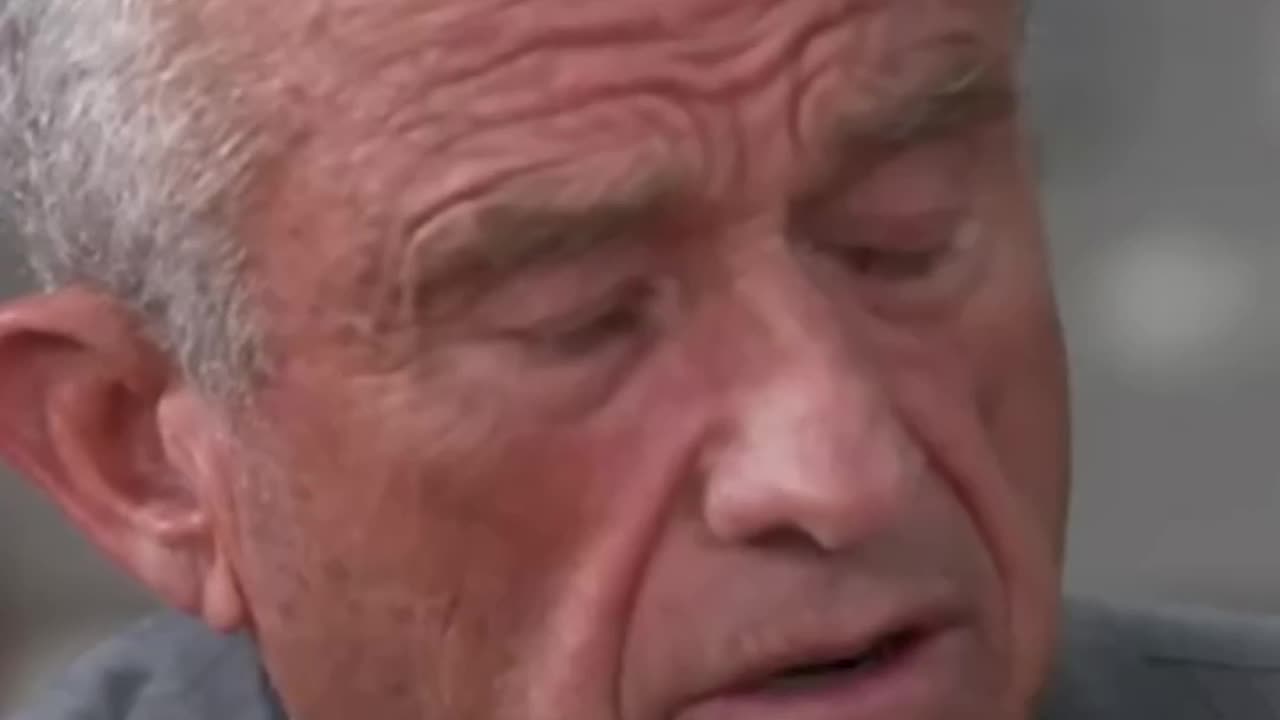
'FREEDOM OF CHOICE'
Health and Human Services (HHS) Secretary Robert F. Kennedy Jr. has generated debate after suggesting that parents consider the measles vaccine amid a deadly outbreak spreading across the United States. During an exclusive interview with Sean Hannity, Kennedy emphasized “freedom of choice” as a fundamental principle in medical decision-making, but also urged parents to become properly informed about the risks of measles and the benefits of vaccination.
Measles, a highly contagious disease, has resurfaced in several regions of the country due to declining vaccination rates. Public health experts have warned that the lack of community immunization could lead to a health crisis, especially among children and vulnerable populations. In this context, Kennedy said parents should make decisions based on scientific information and without undue government pressure.
“I believe in freedom of choice, but also in the importance of information. Parents have the right to decide, but they must understand the consequences of their decisions,” Kennedy stated in the interview. His comments have been met with divided reactions, with some applauding his focus on personal autonomy, while others criticize him for not taking a stronger stance in favor of mandatory vaccination in times of health crisis.
Since the beginning of the outbreak, the Centers for Disease Control and Prevention (CDC) has urged the population to get vaccinated to stop the spread of the virus. However, skepticism about vaccines is still present in certain sectors of society, fueled by concerns about side effects and distrust of government institutions. Kennedy, known for his critical stances towards big pharma, has advocated for greater transparency in the medical industry, but on this occasion acknowledged the seriousness of the outbreak and the need for a responsible response.
The debate over mandatory vaccination remains a hot topic in the United States, where individual liberty and public health often conflict. Kennedy's position seeks to balance both perspectives, although his statement has provoked intense discussions about the role of government in public health and individual responsibility in times of epidemiological crises.
-
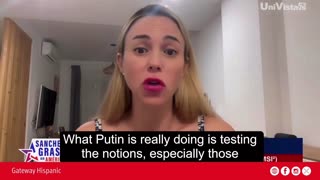 0:50
0:50
Gateway Hispanic
6 hours agoDonald Trump se interpondría al avance de Putin sobre otras naciones
3 -
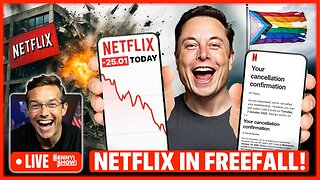 1:50:50
1:50:50
Benny Johnson
3 hours agoElon Declares WAR on Netflix, Stock COLLAPSES as Millions CANCEL | Dems HUMILIATED in Trump Meme War
51.9K93 -
 DVR
DVR
Bannons War Room
7 months agoWarRoom Live
39M9.05K -
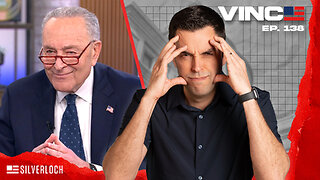 1:00:41
1:00:41
VINCE
4 hours agoThe Schumer Shutdown Shafts Americans Again | Episode 138 - 10/02/25
158K112 -
 LIVE
LIVE
qixso
1 hour agoBO7 IS HERE TAP IN !! | @qixso
33 watching -
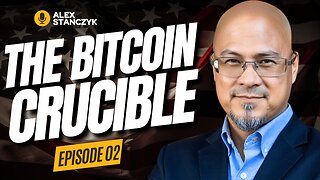 30:17
30:17
Simply Bitcoin
3 hours ago $0.67 earnedBitcoin Crucible Episode 2 w/ Alex Stanczyk
19.3K5 -
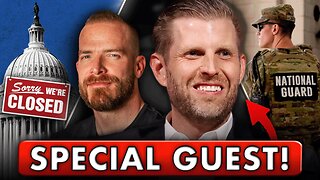 1:33:20
1:33:20
Dear America
4 hours agoGUEST: ERIC TRUMP! Dems ADMIT to Shutdown! + Feds Move to Tennessee!!
133K35 -
 2:24:37
2:24:37
Matt Kohrs
13 hours agoROCKETING TO NEW HIGHS 🚀🚀🚀 (Stock Market Open) || Live Trading Futures & Options
56.6K7 -
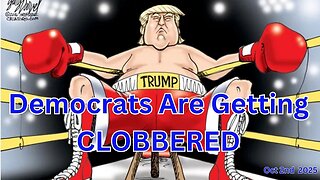 2:59:42
2:59:42
Wendy Bell Radio
7 hours agoDemocrats Are Getting CLOBBERED
76K96 -
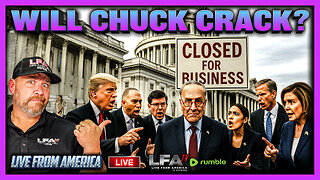 LIVE
LIVE
LFA TV
7 hours agoLIVE & BREAKING NEWS! | THURSDAY 10/2/25
4,113 watching